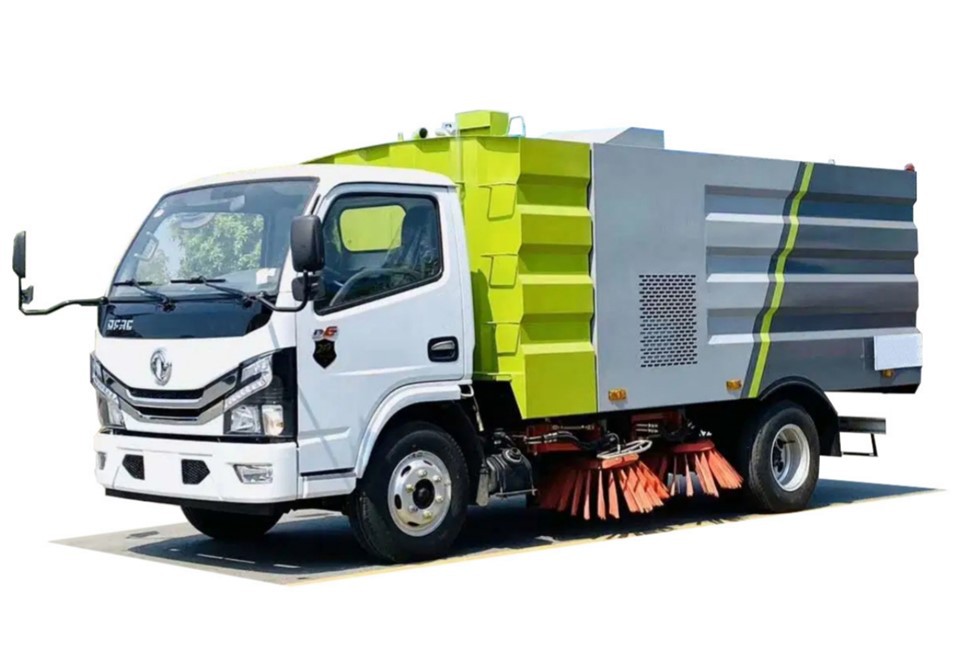Introduction
Milk hauling jobs play a crucial role in the dairy industry, serving as a vital link between dairy farmers and processing facilities. These jobs not only contribute to the economy but also ensure that consumers have access to fresh dairy products. In this article, we will explore the ins and outs of milk hauling jobs, covering everything from the responsibilities involved to the skills required, and how one can land a job in this field. Whether you’re looking for a new career or just curious about the industry, this comprehensive guide will provide you with valuable insights.
Understanding Milk Hauling Jobs
What is Milk Hauling?
Milk hauling is the transportation of raw milk from farms to processing plants. This task involves specialized trucks and equipment necessary to maintain the milk’s quality during transit.
Why Milk Hauling is Important
- Supply Chain Integrity: Milk must be transported quickly to prevent spoilage.
- Economic Impact: The dairy industry is a significant contributor to the economy, especially in rural areas.
- Consumer Demand: With a growing interest in dairy products, efficient milk hauling becomes essential.
Key Responsibilities of a Milk Hauler
Transportation of Milk
The primary responsibility of a milk hauler is to transport milk safely from farms to processing plants. This includes ensuring that milk is stored in appropriate containers and temperature-controlled environments.
Compliance with Regulations
Milk haulers must adhere to local, state, and federal regulations regarding food safety and transportation. This includes regular inspections and maintaining hygiene standards.
Inspection of Equipment
Before each trip, a milk hauler should inspect their truck and equipment to ensure everything is in working order.
Record Keeping
Haulers are responsible for maintaining accurate logs of milk quantities and transport times, which are essential for both quality assurance and billing.
Education and Skills Required for Milk Hauling Jobs
Educational Background
While a high school diploma may suffice for some employers, having a degree or training in logistics or agriculture can be beneficial.
Essential Skills
- Driving Skills: Professional truck driving skills, including obtaining a Commercial Driver’s License (CDL).
- Attention to Detail: Precision in following regulations and maintaining quality standards.
- Mechanical Skills: Basic understanding of how trucks and equipment function.
- Communication Skills: Ability to effectively communicate with farmers and processing facilities.
Training Programs
Many employers offer on-the-job training, but individuals can also benefit from formal training programs that teach driving skills and safety procedures.
Finding Milk Hauling Jobs
Job Boards and Online Resources
Numerous job boards specialize in transportation jobs, including milk hauling. Websites like Indeed, LinkedIn, and Glassdoor often have listings.
Networking Opportunities
Join industry groups and attend local agriculture fairs to network with farmers and suppliers who may need hauling services.
Contacting Dairy Farms
Reaching out directly to dairy farms can also lead to opportunities, as they often require reliable hauling services.
The Compensation Package for Milk Haulers
Average Salary
| Experience Level | Average Annual Salary |
|---|---|
| Entry-level | $30,000 – $40,000 |
| Mid-career | $40,000 – $55,000 |
| Experienced | $55,000 – $70,000+ |
Benefits and Incentives
- Health Insurance
- Retirement Plans
- Paid Time Off
Challenges Faced by Milk Haulers
Weather Conditions
Haulers can face various weather-related challenges that may affect driving conditions and milk quality.
Long Hours and Irregular Schedules
The job often requires long hours, including early mornings and late nights, which can disrupt work-life balance.
Physical Demands
Milk hauling can be physically demanding, requiring drivers to lift heavy equipment and work long hours on the road.
Future of Milk Hauling Jobs
Technological Advancements
Advancements in technology are likely to impact milk hauling jobs. This includes automated driving systems and enhanced tracking systems for milk shipments.
Growth Opportunities
As the dairy industry expands, the demand for skilled milk haulers is expected to grow, providing stable job opportunities.
Environmental Considerations
Increasing focus on sustainability may lead to changes in how milk is hauled, pushing for more efficient and eco-friendly transportation methods.
Frequently Asked Questions (FAQs)
1. What qualifications do I need to become a milk hauler?
A Commercial Driver’s License (CDL) is essential, along with a high school diploma. Additional training in logistics or agriculture is beneficial.
2. How much do milk haulers typically earn?
Entry-level positions can start at around $30,000 annually, with pay increasing based on experience and job responsibilities.
3. What are the working hours like for milk haulers?
Working hours can vary, typically including early mornings, late nights, and weekends, leading to irregular schedules.
4. Is experience necessary to get a job in milk hauling?
While prior experience can be helpful, many companies offer training programs for entry-level positions.
5. What kind of trucks are used for milk hauling?
Milk haulers use specialized tank trucks designed to keep milk at the proper temperature and prevent contamination.
6. Are there opportunities for advancement in milk hauling jobs?
Yes, with experience and additional training, milk haulers can move into supervisory roles or specialize in areas like logistics management.





